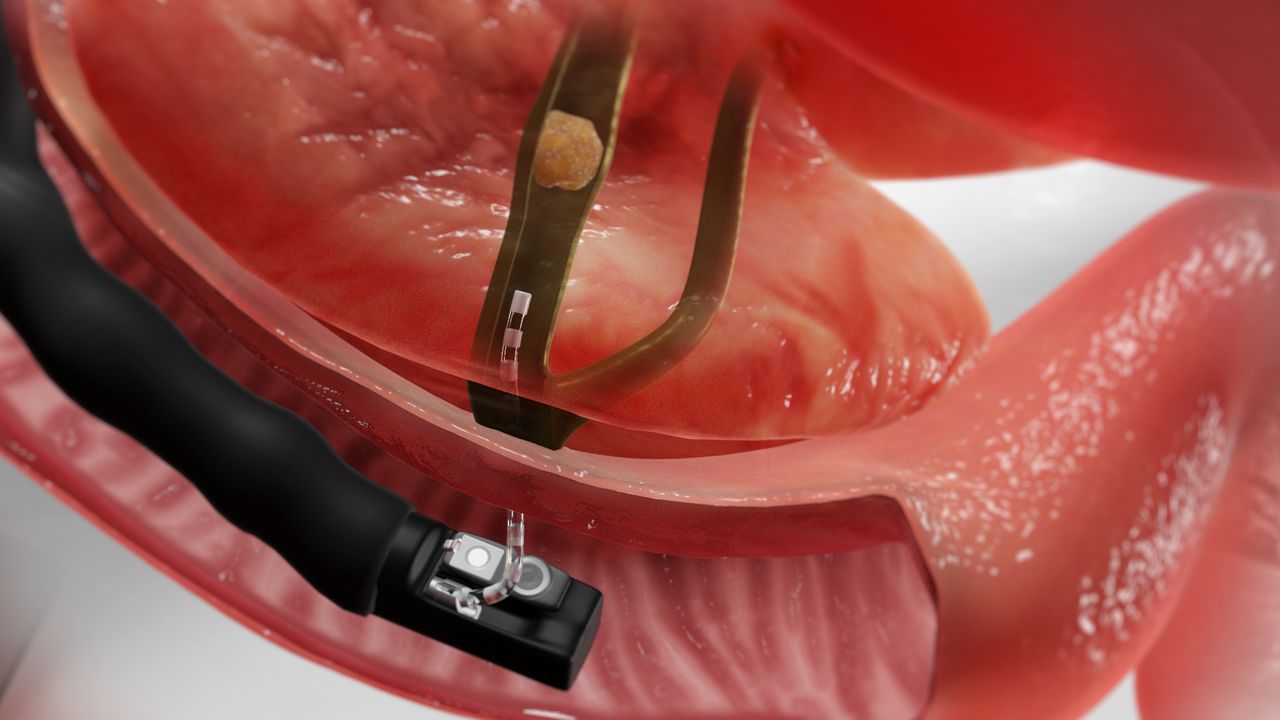
ERCP – Endoscopic Retrograde Cholangiopancreatography
Endoscopic Retrograde Cholangiopancreatography (ERCP) is a specialized endoscopic procedure used to diagnose and treat problems in the bile ducts and pancreas. It allows our gastroenterologists to examine the bile ducts, pancreatic duct, and gallbladder using a combination of endoscopy and fluoroscopy.
Why Choose Our ERCP Service?
- Expertise: Our gastroenterologists are highly trained and experienced in performing ERCP procedures, ensuring the highest level of care for our patients.
- State-of-the-Art Facilities: We have equipped our facilities with the latest technology and equipment necessary for performing ERCP procedures safely and effectively.
- Comprehensive Care: From diagnosis to treatment and follow-up, our team provides comprehensive care tailored to each patient’s unique needs.
- Collaborative Approach: We work closely with other specialists, including hepatologists, interventional radiologists, and surgeons, to ensure that our patients receive multidisciplinary care when needed.
Conditions Treated with ERCP:
- Gallstones: ERCP can be used to remove gallstones that have migrated into the bile ducts, causing obstruction and symptoms such as jaundice and abdominal pain.
- Biliary Strictures: ERCP allows for the dilation or stenting of narrowed bile ducts caused by strictures, tumors, or scarring.
- Pancreatic Disorders: ERCP can help diagnose and treat conditions such as chronic pancreatitis, pancreatic duct strictures, and pancreatic pseudocysts.
- Biliary and Pancreatic Tumors: ERCP may be used to obtain tissue samples (biopsies) for diagnosis or to place stents to relieve obstruction caused by tumors.
What to Expect During an ERCP Procedure:
- Preparation: Before the procedure, you may be asked to avoid eating or drinking for a certain period of time. You will receive detailed instructions from our team.
- Sedation: ERCP is performed under sedation to ensure your comfort throughout the procedure.
- Procedure: A thin, flexible tube (endoscope) is passed through the mouth, down the esophagus, and into the stomach and duodenum. Contrast dye is then injected into the bile and pancreatic ducts, allowing for visualization under fluoroscopy.
- Treatment: Depending on the findings, therapeutic interventions such as stone removal, stent placement, or dilation may be performed during the same procedure.
- Recovery: After the procedure, you will be monitored in a recovery area until the sedation wears off. Most patients can return home the same day.
Contact Us
If you have been referred for an ERCP procedure or would like to learn more about our services, please contact our office to schedule a consultation with one of our gastroenterologists. We are committed to providing compassionate, high-quality care to our patients and look forward to assisting you on your healthcare journey.